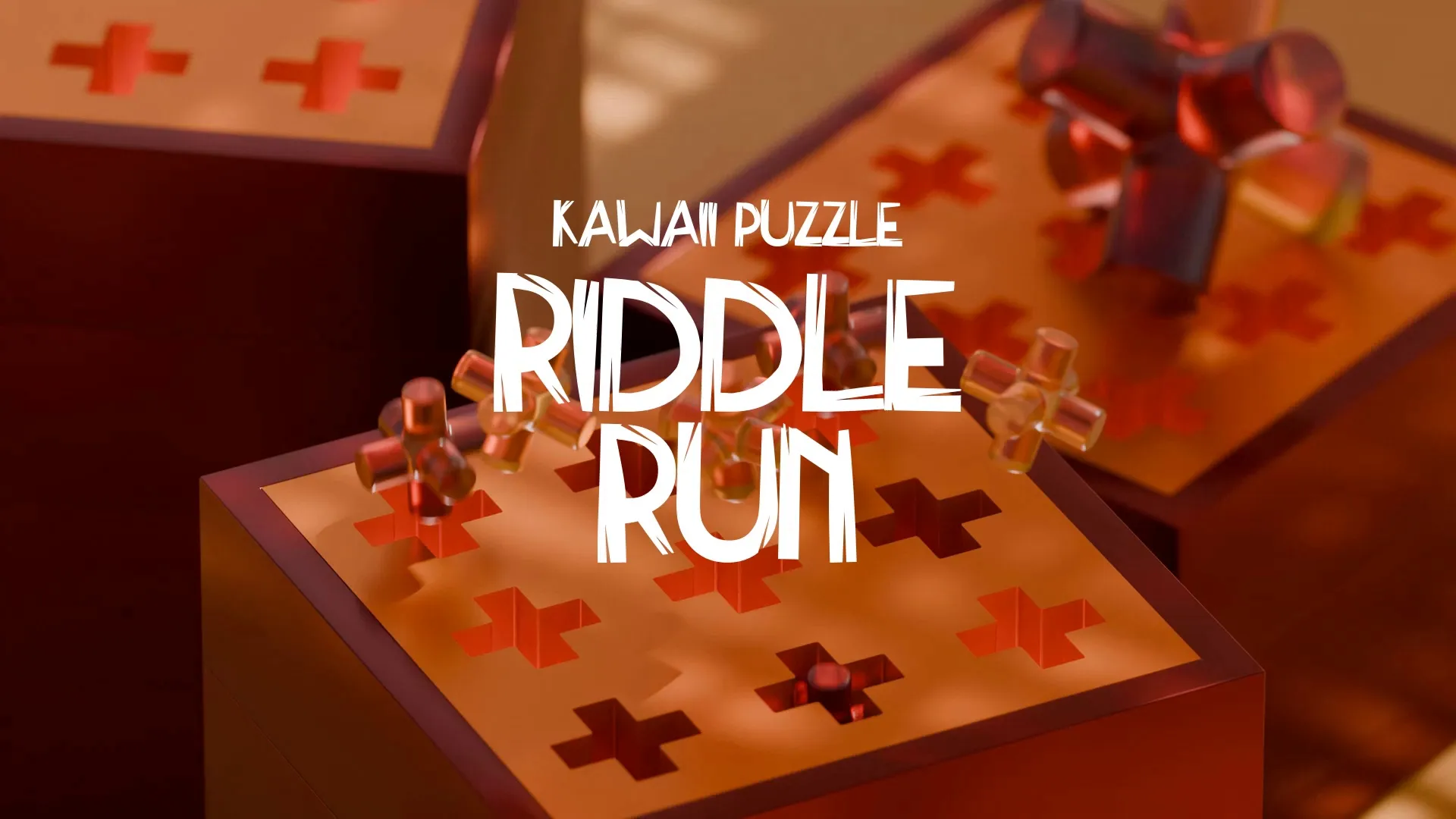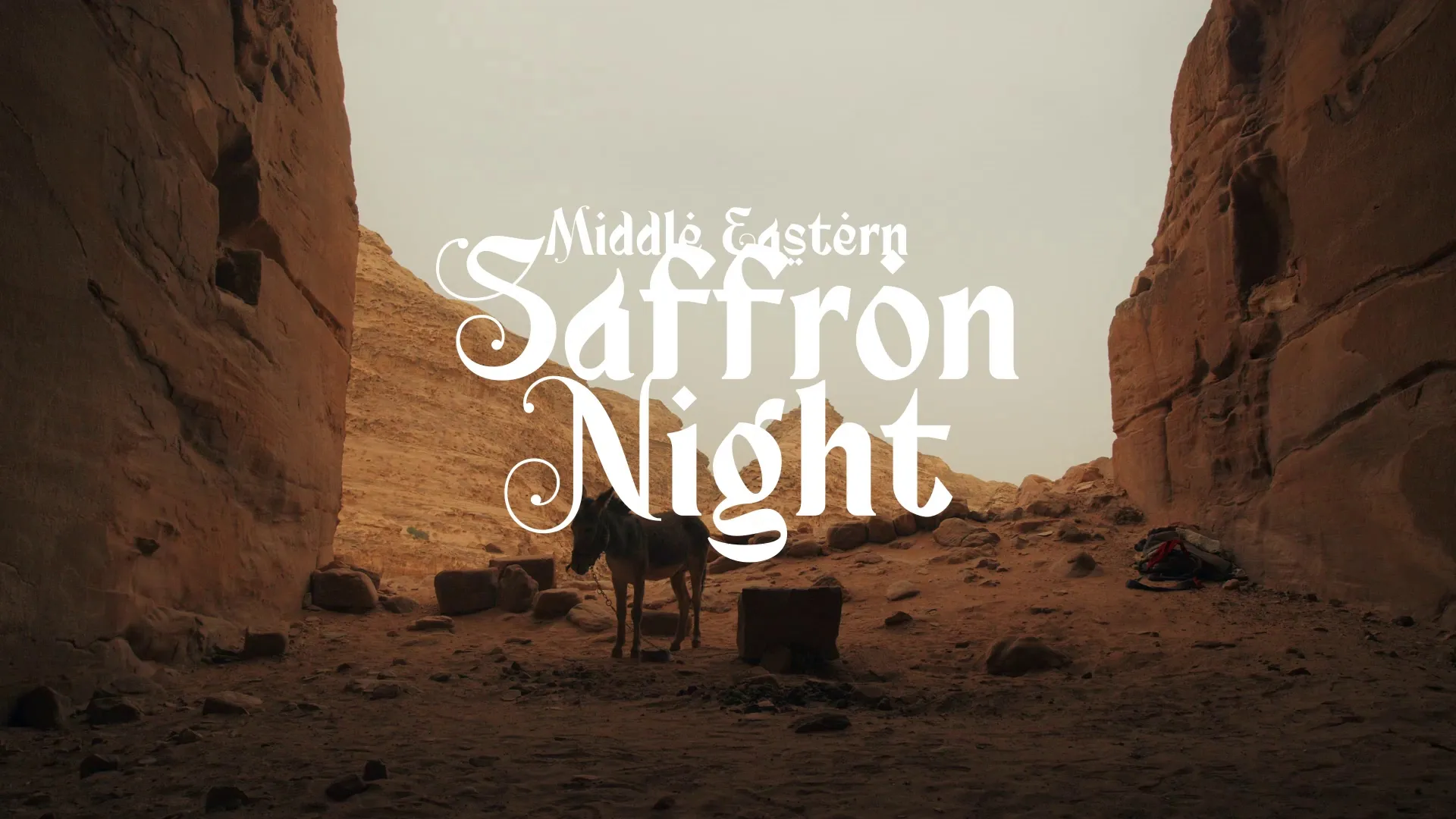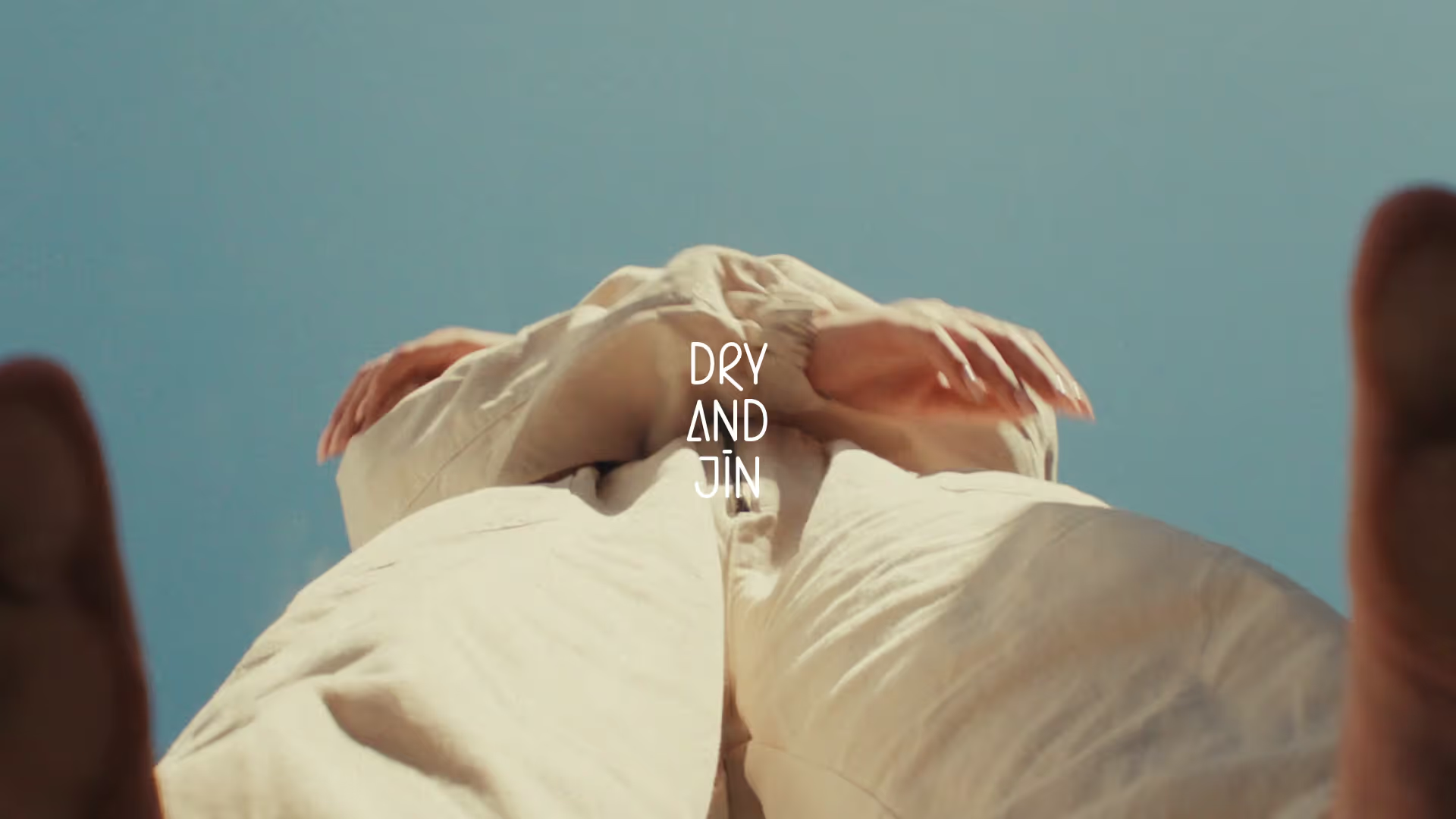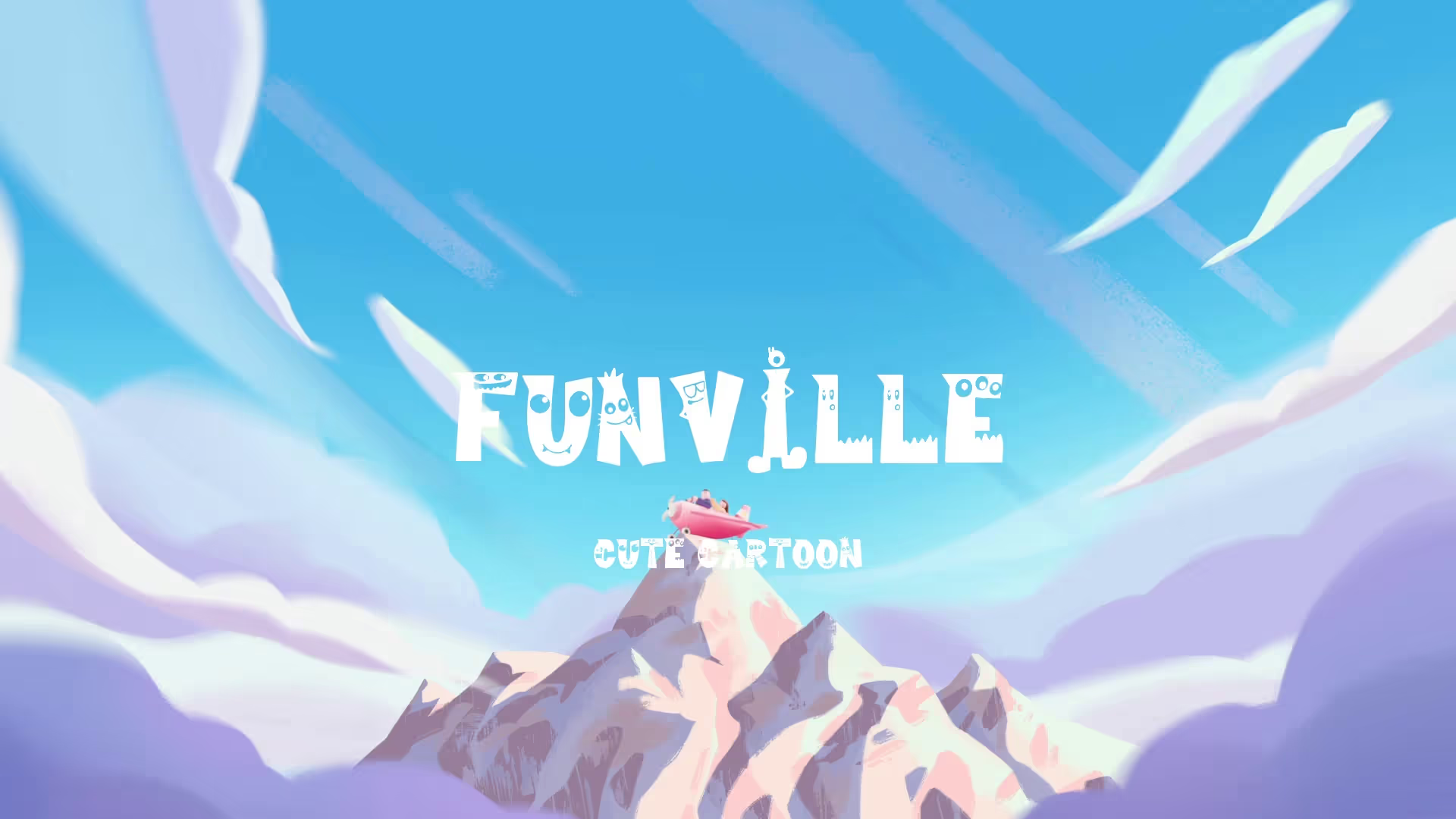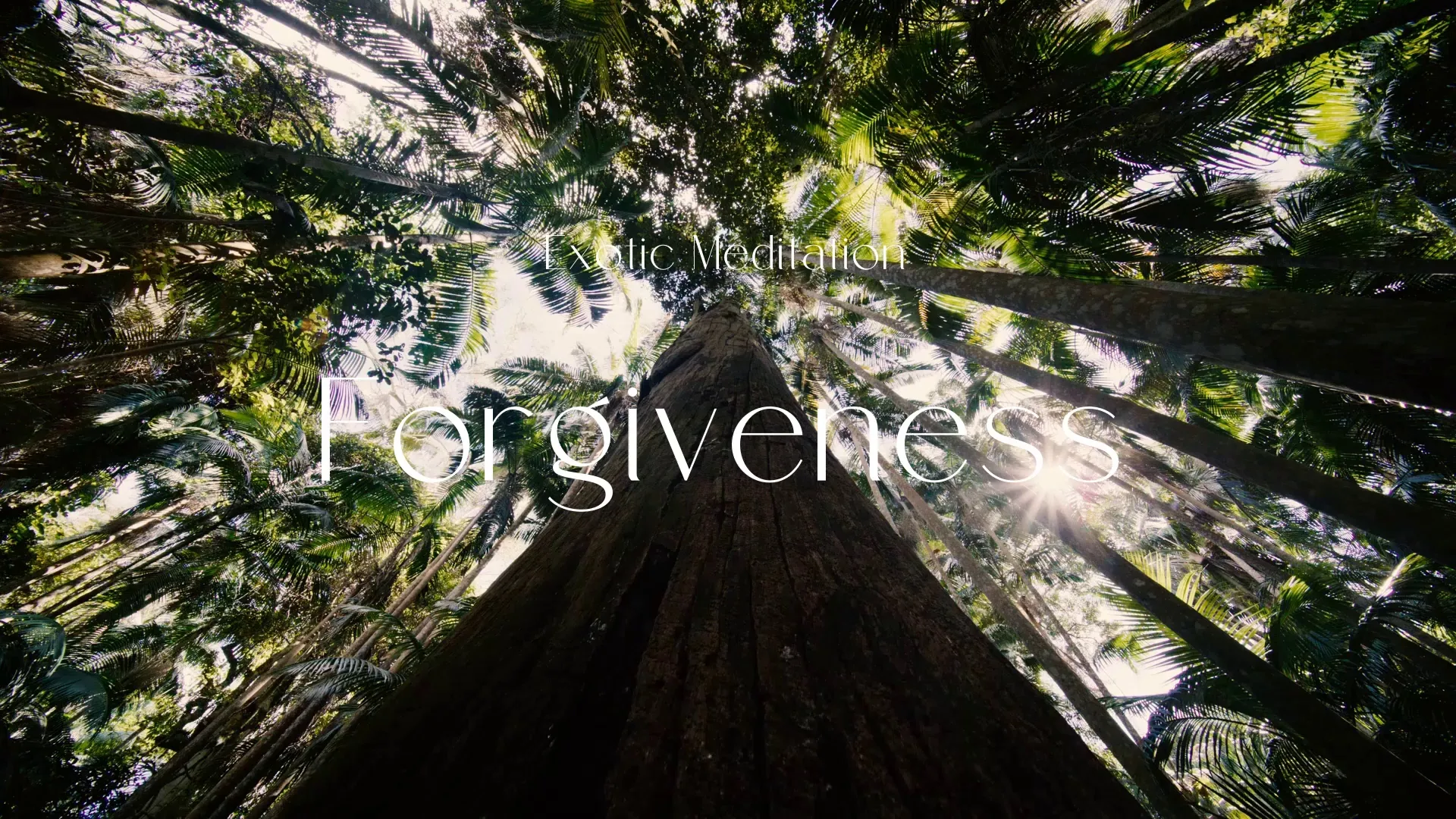Intellectual Property Protection for Indie Games: A Legal Guide for Developers
Intellectual Property Protection for Indie Games: A Legal Guide for Developers
Protecting your game’s intellectual property (IP) is crucial for indie developers. Neglecting IP can lead to significant legal and financial issues, undermining your hard work and creativity.
Understanding and implementing IP safeguards from the outset ensures your unique vision remains yours.
What is Intellectual Property in Game Development?
Intellectual property in games encompasses various elements. This includes your game’s code, art, music, story, characters, and even its unique gameplay mechanics.
These elements are protected under different legal frameworks, primarily copyright and trademark law.
Copyright: Safeguarding Your Creative Assets
Copyright automatically protects original works of authorship. This covers your game’s code, artwork, musical scores, narrative, and character designs.
While copyright exists upon creation, registering your copyright offers stronger legal recourse in cases of infringement.
Registering Your Copyright
Registering your copyright with the appropriate government office provides a public record of ownership. This makes it easier to prove infringement and claim statutory damages in court.
Consider registering your game once it reaches a stable, identifiable form, such as a playable demo or beta version.
Common Copyright Pitfalls
One major pitfall is using assets without proper licensing. Always ensure that all third-party assets, including royalty-free ones, come with licenses permitting commercial use.
Using copyrighted music or art without permission can lead to costly lawsuits and takedown notices.
Trademarks: Protecting Your Brand Identity
Trademarks protect elements that identify your game or studio in the marketplace. This includes your game’s title, logo, character names, and unique sound signatures.
Registering a trademark prevents others from using similar marks that could confuse consumers.
Conducting a Trademark Search
Before settling on a game title or logo, conduct a thorough trademark search. This helps avoid conflicts with existing trademarks and saves you from rebranding later.
Create a free account, or log in.
Gain access to free articles, game development tools, and game assets.
.webp)




